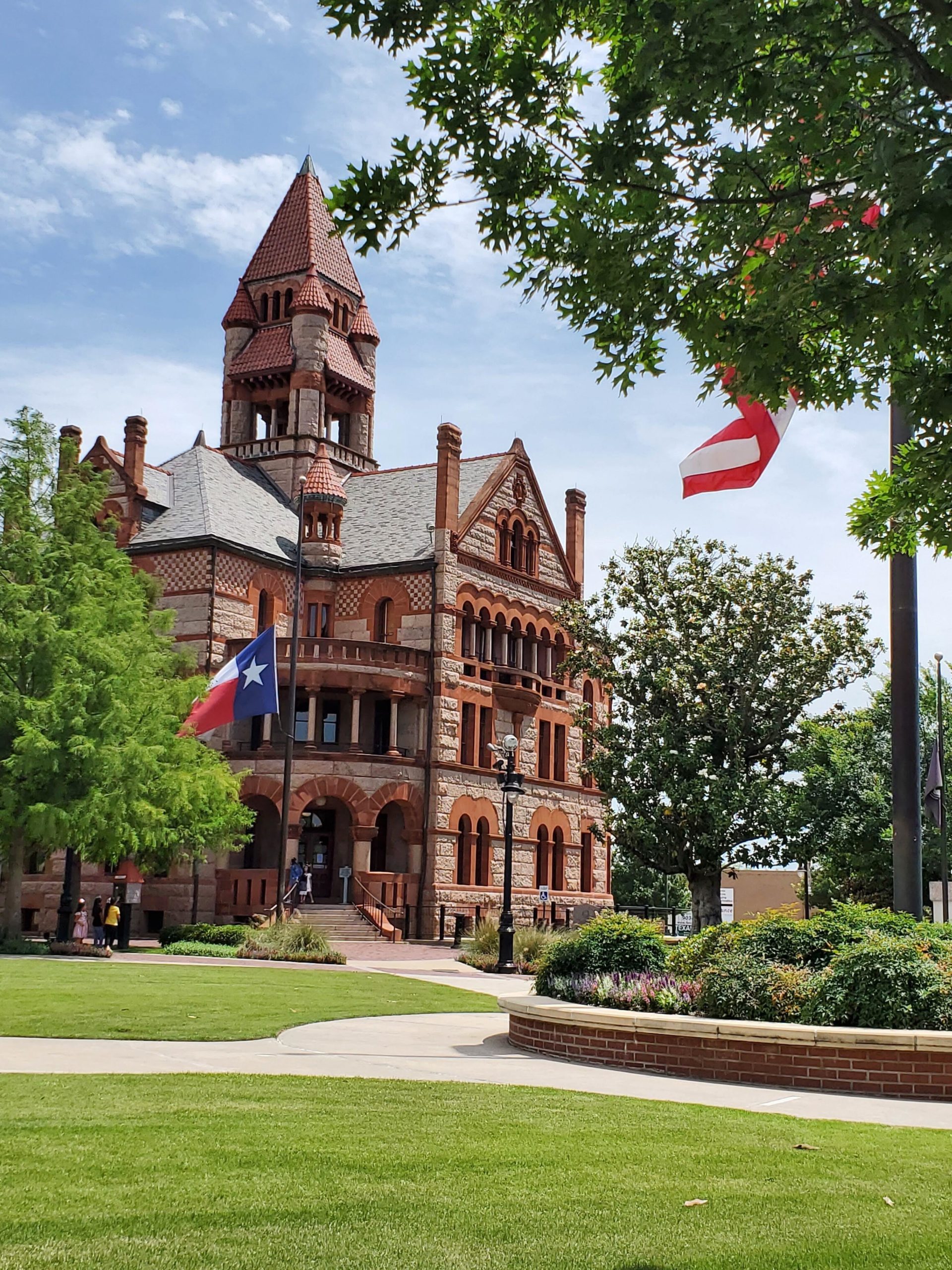Mutual Wills and Reciprocal Wills
Mutual and reciprocal wills are important estate planning tools available to couples. These wills are executed simultaneously by a couple and include parallel terms as one another. Typically the provisions of these wills state that upon one partner’s death, the estate will go to the surviving partner, and upon that partner’s subsequent death, the assets will go to the beneficiaries designated in the mutual wills. These wills are most useful in blended or complicated families, where the existence of children from outside the existing relationship can jeopardize the couple’s estate plan. These wills give security that all family members will be provided for no matter which spouse passes away first.
Reciprocal or mirror wills are not legally binding on the surviving spouse. Although the wills are the same between spouses, they may be revoked at any time by either party without notice. There is no binding agreement that the wills must survive after one partner’s death.
On the other hand, mutual wills impose a legally binding obligation on the surviving spouse that they honour the terms of the will. Upon one of the partner’s deaths, the will is irrevocable and must be adhered to. Otherwise, the beneficiaries of mutual wills may bring a claim to enforce the agreement. If a judge finds in the petitioners’ favour, they will impose a constructive trust on all the mutual will’s beneficiaries’ behalves. The testators bound by a mutual will can only revoke it with appropriate notice to the other party during their lifetimes. A secret revocation during their lifetime is void.
The issue of what separates a reciprocal will from a mutual will shall be explored in three questions. Firstly, whether an unbeneficial mutual will can be considered a reciprocal will. Secondly, how the existence of a mutual will agreement can be proved. Finally, given recent cases interpreting this rule, what extrinsic factors have been the best evidence for the existence of a mutual will.
Can Unbeneficial Mutual Wills be Ignored?
The first question was at issue in University of Manitoba v. Sanderson Estate, 1998 CanLII 4328 (BC CA). Unlike most mutual wills, Sanderson Estate involved a couple creating a mutual will for the other’s benefit, with the remainder going to the University of Manitoba in trust to establish a perpetual bursary fund for talented students. In their mutual will, paragraphs 3 and 4 explicitly stated that
“3 That during the joint lives of the Parties hereto neither of the said Wills will be revoked or altered without the written consent of both the Parties hereto.
4. That after the death of one of the Parties hereto the said Will of the survivor will not be altered or revoked.”
Mrs. Sanderson eventually passed away, and shortly thereafter, Mr. Sanderson made a new will. Since nearly all of Mrs. Sanderson’s assets were held jointly with Mr. Sanderson, her will was never formally probated and her husband received all her assets by right of survivorship. His new will contradicted the previous mutual will by designating new beneficiaries before putting the residue into a trust for the University. Upon Mr. Sanderson’s death, the university filed suit to enforce the original mutual will.
Mr. Sanderson’s beneficiaries tried to argue that the mutual will was effectively a reciprocal will. Since Mrs. Sanderson’s assets passed by the right of survivorship, Mr. Sanderson did not receive any benefit from his wife’s estate and was not bound to the mutual will’s terms.
The trial judge agreed. In his opinion, the creation of a constructive trust required the existence of unjust enrichment. Since Mr. Sanderson did not benefit from Mrs. Sanderson’s will, there was no unjust enrichment and no need to enforce the mutual will agreement. Finally, he believed that the acquisition of joint tenancy property severed mutual wills. Since the Sandersons had done so, this conduct ended their mutual will agreement.
The British Columbia Court of Appeal reversed the lower judgment. Firstly, they found no evidence that the couple had severed their mutual will agreement. A revocation of a mutual will must be supported by a solid foundation and clear evidence to infer a severance. No such evidence existed. Furthermore, the explicit clause that neither spouse could not revoke the will without written consent provided a mechanism for revocation that had to be followed. Where a mutual will requires revocation through writing, the parties could not revoke it merely through their conduct or implication.
Secondly, the Court of Appeal rejected the trial judge’s unjust enrichment theory in regards to mutual wills. The Court reiterated that the two conditions for the imposition of a constructive trust for a mutual will are (1) A mutual agreement not to revoke and (2) the first decedent had died without revoking or changing their will. The trial judge attempted to impose a third condition, where a benefit must have flowed from the predeceased to the survivor for equity to bind them to the agreement.
The Court of Appeal rejected this theory. The creation of a constructive trust due to a mutual will was from fraud, not unjust enrichment. Equity considered breaking the non-revocation agreement a “fraud upon the deceased,” who had acted on and relied on the mutually binding agreement. Since the deceased could not enforce the obligation upon their death, equity would do so for them. Mutual wills acted more akin to a contract; the agreement created an obligation not to revoke. There was no need to show unjust enrichment. Therefore the trial judgment was quashed, Mr. Sanderson broke the mutual will agreement, and a constructive trust was created for the benefit of the University of Manitoba subject to the mutual will’s terms.
Proving the Existence of a Mutual Will
Could a mutual will agreement be enforced without an explicit agreement? What is the line between reciprocal or mirror wills and mutual wills? Edell v. Sitzer, 2001 27989 (ON SC) helped address these questions.
The facts of the case were largely similar to other mutual will cases. Paul and his wife Geraldine executed reciprocal wills. Upon Geraldine’s passing, Paul planned to change the estate plan in a way that disadvantaged their daughter Jodi. This change strained their relationship and ultimately led to Paul disinheriting Jodi completely. Jodi sued for the enforcement of the original will, claiming it constituted a mutual will. Yet the reciprocal wills held no markers of being mutual wills. The agreement not to revoke was not recorded in the testamentary documents nor written down elsewhere. The wills simply appeared reciprocal and non-binding.
In analyzing the prerequisites for a mutual will, the Court established the following criteria for a non-revocation agreement to be binding:
- It must satisfy the requirements for a binding contract and must not just be some loose understanding or sense of moral obligation
- It must be proven by clear and satisfactory evidence
- It must include an agreement not to revoke the wills.
Ultimately, there was no clear evidence of a binding agreement to consider the reciprocal wills mutual and irrevocable. Geraldine’s alleged statements that Jodi and her brother would inherit equally were not evidence of an irrevocable instrument. Nor were the corresponding wills sufficient proof of a binding agreement. A testator’s ability to alter their future intentions was paramount. Reciprocal wills thus required clear evidence of an intent to not revoke in the future to be considered mutual. In these circumstances, there was no binding agreement or mutual will. Paul was within his right to alter his will after Geraldine’s death.
Extrinsic Evidence of a Mutual Will
Many cases have used the Edell framework and legal philosophy to find that no mutual will existed (see Cassin v. Cassin, 2007 4863 ONSC, Burnell v. Rolph Estate, 2002 BCSC 323, Gefen Estate v. Gefen, 2022 ONCA 174). However, other plaintiffs have successfully argued for recognizing a mutual will based on extrinsic evidence.
In Hall v. McLaughlin Estate, 2006 CanLII 23932 (ON SC), a husband changed his will before his wife’s death, though after she had lost testamentary capacity due to dementia. The loss of testamentary capacity qualified as a death for a mutual will agreement. However, without a written agreement of non-revocation, the judge was tasked to determine whether their wills were mutual. In her judgment, she highlighted evidence of (1) the spouses telling their children they would leave their own property to their respective children, (2) the execution of their wills in close temporal proximity, and (3) the repeated assurances to members of the predeceased family that they would share in the ultimate estate. All these factors demonstrated the existence of a mutual will. The plaintiffs’ plea was successful and a constructive trust was created for the benefit of all the children.
The recent Rammage v Estate of Roussel, 2016 ONSC 1857 also acknowledged the existence of a mutual will through extrinsic evidence. Once her husband had predeceased her, a surviving widow rewrote her will and disinherited her stepchildren. Upon the widow’s death and learning of their disinheritance, the husband’s children (the widow’s stepchildren) filed for an acknowledgment of the mutual will’s continued validity. The judge approved their request. Evidence of a mutual will included (1) the deceased couple’s close relationship with all their children, (2) the repeated depiction of all the step-children as one family unit, (3) the husband’s statements that he could not alter his will during his life, and (4) and the couple’s assurances that their property would be divided equally between all their children upon their deaths. The judge imposed a constructive trust for the benefit of all the children.
These cases show that equity will enforce seemingly reciprocal wills as mutual wills when overt statements and actions toward the beneficiaries demonstrate a cohesive estate plan. In both cases, repeated statements to the children promising their inheritance and the estate plan’s irrevocability are decisive factors in finding the existence of a binding agreement and a corresponding equitable obligation not to revoke. A judge will likely impose a constructive trust when the testators’ actions make the beneficiaries believe a mutual will exists.
Conclusion
Ultimately, estate planning spouses should include non-revocation clauses in their reciprocal wills to ensure their legal binding. Even spouses with no important probatable assets may benefit from a mutual will, as a surviving spouse’s acquisition of property through the right of survivorship does not void a mutual will obligation. Finally, litigators should pay special attention to the family dynamics and statements to beneficiaries when arguing for the existence of a mutual will by extrinsic evidence. While judges’ rulings on the issue have been highly discretionary, explicit and repeated statements by the testators about every child’s inheritance right have generally swayed Canadian courts into acknowledging a binding non-revocation agreement.














